What is low vision?

Low vision is a term that refers to a significant visual impairment that can’t be fixed with prescription glasses, contact lenses, or eye surgery. People with low vision have some sight available, but typically have difficulty with side vision and blind spots.
What causes low vision?
Low vision is most often the result of eye disease, genetic birth defects, injury, or old age.
Some of the more common causes of low vision include:
What are the symptoms of low vision?
It’s common for individuals with low vision to experience symptoms such as:
- Loss of central vision
- Loss of peripheral vision
- Extreme difficulty seeing at night
- Poor depth perception
- Glare sensitivity
- Blurry vision
- Hazy vision
How is low vision diagnosed?

Only a licensed eye care specialist can diagnose low vision. Schedule an appointment with your eye doctor if vision problems prevent you from doing routine activities such as reading, driving, working, or going to school. During your exam, your doctor will use specialized equipment and tests to evaluate your visual acuity, depth perception, and field of vision.
How is low vision treated?
While some patients can have their vision restored or maintained while receiving treatment for eye disease, low vision results in permanent vision loss. There are, however, visual aids that can help make daily life a little easier for people with low vision.
Some popular devices include:
- Hand-held and stand magnifying glasses
- Strongly magnified reading glasses
- Electronic magnifying systems
- Reading stands
- Glare-resistant sunglasses
Computer technology can also assist low vision patients. Text-reading and voice-to-text software on mobile devices and tablets are just a few advanced features that may be helpful for people with significant visual impairment.
Regular rehabilitation sessions with a low vision specialist can also provide important skills for adjusting to low vision and performing daily tasks.
What to expect from a low vision specialist
Low vision specialists are licensed doctors of optometry or ophthalmology who are trained to examine and manage patients with significant visual impairments. The goal of a low vision specialist is not to offer a cure for low vision, but to provide education and rehabilitation services that teach the patient how to utilize their remaining vision to its fullest potential.
A visit to a low vision specialist may include a low vision evaluation, training on how to complete visual tasks, education on how to choose a low vision device, or personalized therapy for how to cope with depression or anxiety that manifests as a result of severe vision loss.



Whether it's macular degeneration or cataracts or a simple eye exam, you can find the most advanced care at our offices across the islands. Mahalo, David, for taking the time to tell about your experience with Dr. Miller and our Kona team while they took care of your macular degeneration. We take care of our patients like they are 'ohana.
🌺#ohana #MacularDegeneration #hawaii #bigisland #Eyecare ... See MoreSee Less
0 CommentsComment on Facebook
Each year, approximately 100,000 people suffer sports-related eye injuries, with around 13,500 leading to permanent vision loss. Most sports-related eye injuries can be prevented by wearing the right protective gear. Visit our optical in Kona and Lihue to get outfitted with the right eyewear for your active lifestyle.
#SportsEyeSafety #ProtectiveEyewear #sportsprotection ... See MoreSee Less
0 CommentsComment on Facebook
Your vision plays a vital role in your quality of life, and routine eye exams can help detect early signs of systemic conditions like diabetes, hypertension, and more.
✅ Schedule your annual eye exam
✅ Protect your eyes from UV rays
✅ Eat a nutrient-rich diet for healthy vision
Let’s keep our eyes—and our bodies—healthy together. 💙
#WorldHealthDay #EyeHealthMatters #VisionCare #Ophthalmology #HealthyEyesHealthyYou ... See MoreSee Less
0 CommentsComment on Facebook
Don't live with cloudy vision due to cataracts. We offer advanced Laser Cataract Surgery at the Ali’i Surgery Center on Oahu. Call us today to schedule your cataract exam and discover if now is the time for your cataract surgery. ... See MoreSee Less
0 CommentsComment on Facebook
We are so blessed with amazing optometrists who care deeply for our 'ohana. Mahalo Dr. Kashiwa, Dr. Ho and Dr. Bryant for taking such great care of our community. Happy World Optometry Day. ... See MoreSee Less
0 CommentsComment on Facebook
"Cez” has been working in the field of ophthalmology for over 18 years and has been with us for 12. She even volunteers her services to provide free eye care in the Philippines as part of the Bayanihan Without Walls Program. She serves multi-functionally as the clinic manager for all BEI locations and as a lead surgery coordinator/technician. A fluent native speaker of Ilocano and Tagalog, Cez is very passionate and tremendously happy and dedicated to providing quality eye care to every patient who comes her way. Drop a ❤️ or a comment below to thank her for all her hard work! ... See MoreSee Less
0 CommentsComment on Facebook